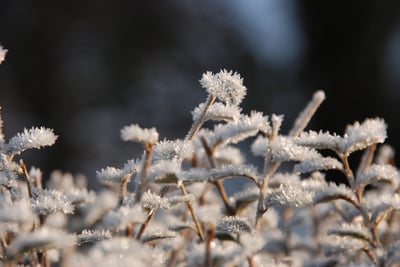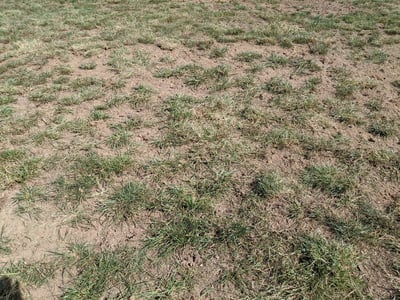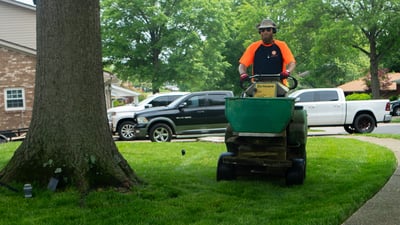

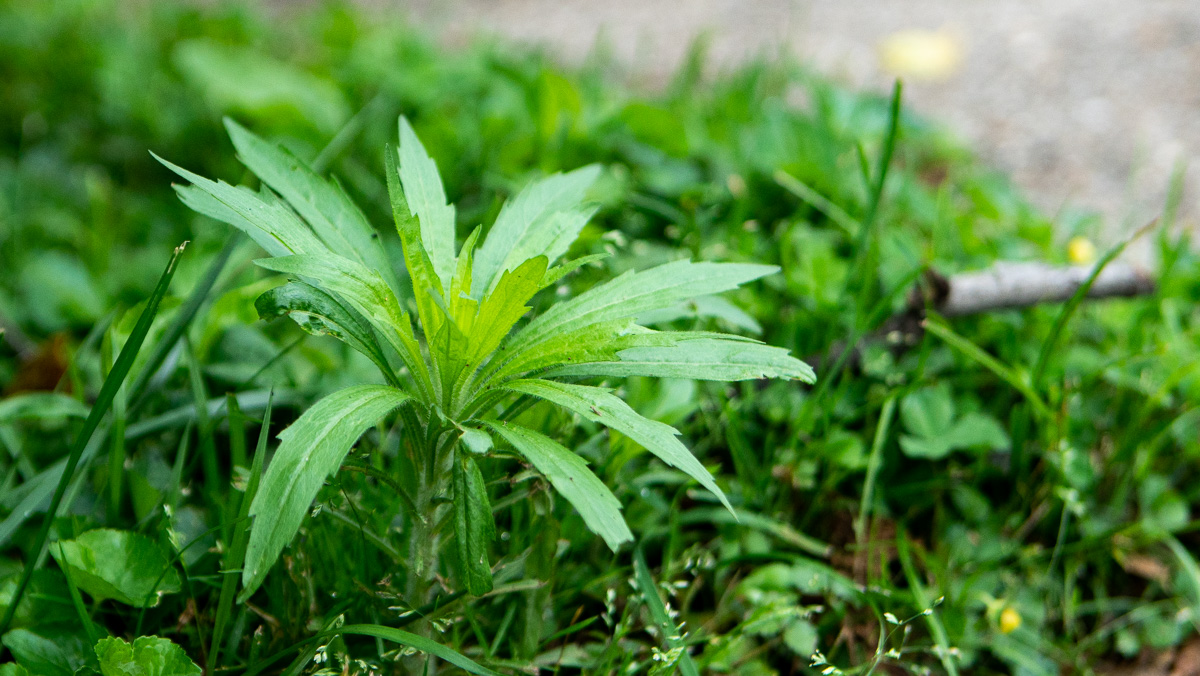
When weeds pop up during warm spells over the winter, it can be a major source of frustration.
The winter feels as though it should be the one time you’re getting a break from lawn invaders. But we can have somewhat mild winters here in Louisville, KY, and winter weeds can still breakthrough.
In this article, we’ll talk about how to get rid of weeds in the winter. We understand that you care about having a great lawn and we’re here to help. As your partners in lawn care success, we want you to be happy and stress-free when it comes to the state of your lawn throughout the year.
Since most weeds thrive in hot weather, spring and summer are the two worst seasons for weeds. However, there are some winter weeds that can be problematic in Louisville, even during the colder months.
These weeds can pop up in the winter and become a problem during the early spring months, as you start spending more time outside.
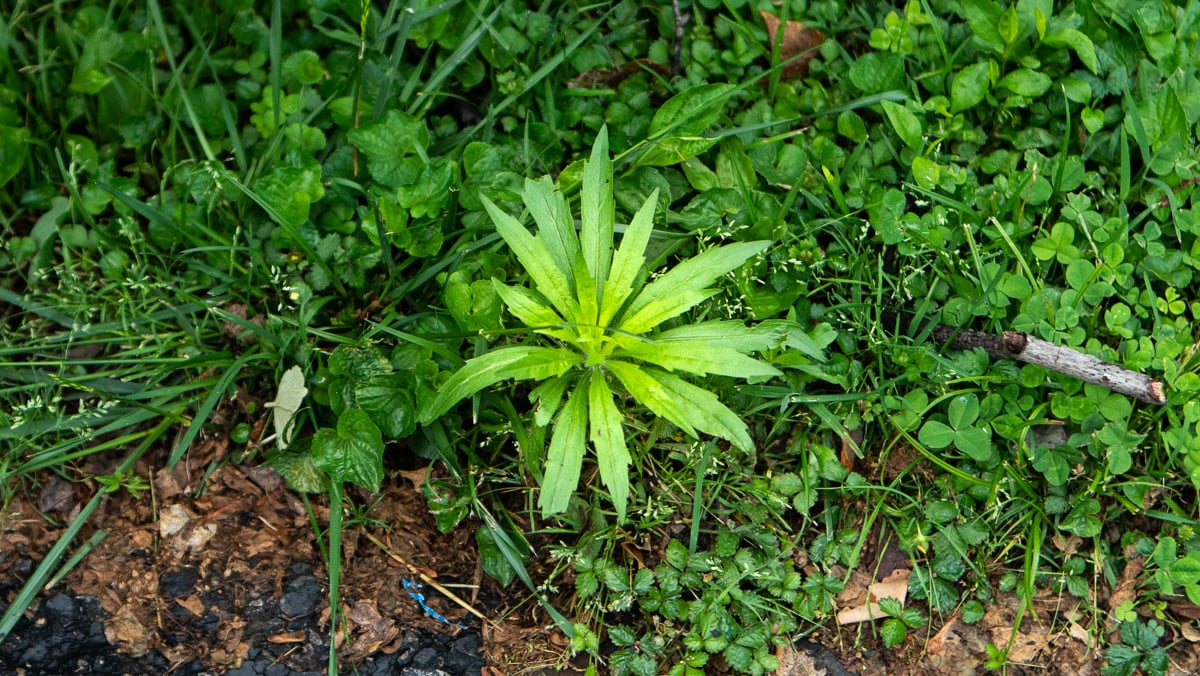
Some of the winter weeds that we see in this region include:
While weeds like these can be an annoyance, there isn’t much that can be done during the winter. Herbicides are not going to be very effective when temperatures are below 50 degrees.
This is why the best way to deal with winter weeds is with a proactive approach that aims to reduce them in the first place.
People ask us when to kill winter weeds, but the true goal should be growing a healthier lawn that doesn’t give winter weeds fewer chances.
A lawn care program that is designed to knock out different weeds throughout the year is going to be your best chance of reducing winter weed growth.
It’s important to choose a lawn care company that does take an aggressive stance against weeds. There are unfortunately plenty of companies that just take the same approach to every lawn and don’t make much progress.
At Limbwalker, when we go out to treat weeds, we are using selective weed killers on every visit to make sure that we’re addressing whatever is growing in your lawn. Every lawn is different and can be dealing with different weeds.
In the fall, we are also planning ahead for winter weeds that might grow.
The best weed control program is one that takes a multi-faceted approach.
With different weeds growing at different times of the year, it’s important to switch things up and use different control solutions (including specialty controls when needed).
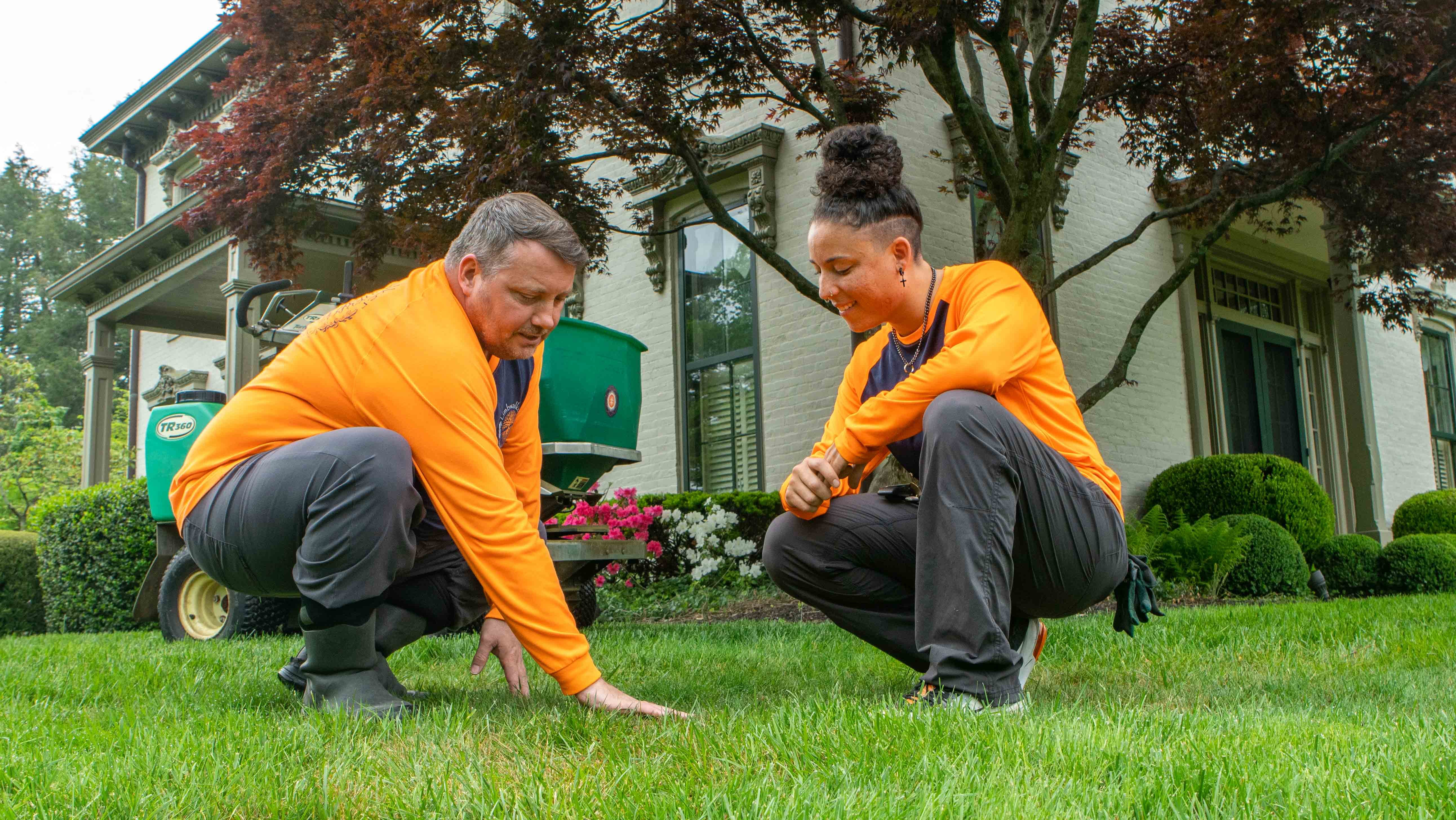
When talking about how to kill winter weeds, it’s important to mention that weeds have a very difficult time growing in a thick and thriving lawn. This is why a critical part of your weed control strategy should be growing a healthy lawn.
Because weeds are opportunistic growers, they tend to quickly fill in bare spots or areas of the lawn that are already thin and struggling. In these locations, they don’t have to compete with thick and healthy grass for things like water, nutrients, and access to sunlight. But when the grass is thicker, it does start to naturally choke out weeds.
That is not to say that weeds will never be a problem for you. But a thick lawn will help drastically prevent weeds from invading.
At Limbwalker, we’re looking at what it takes to grow a lawn like this. That includes the use of services like ongoing fertilization and a focus on soil health. It also includes power seeding to help keep the lawn full of thick healthy grass.
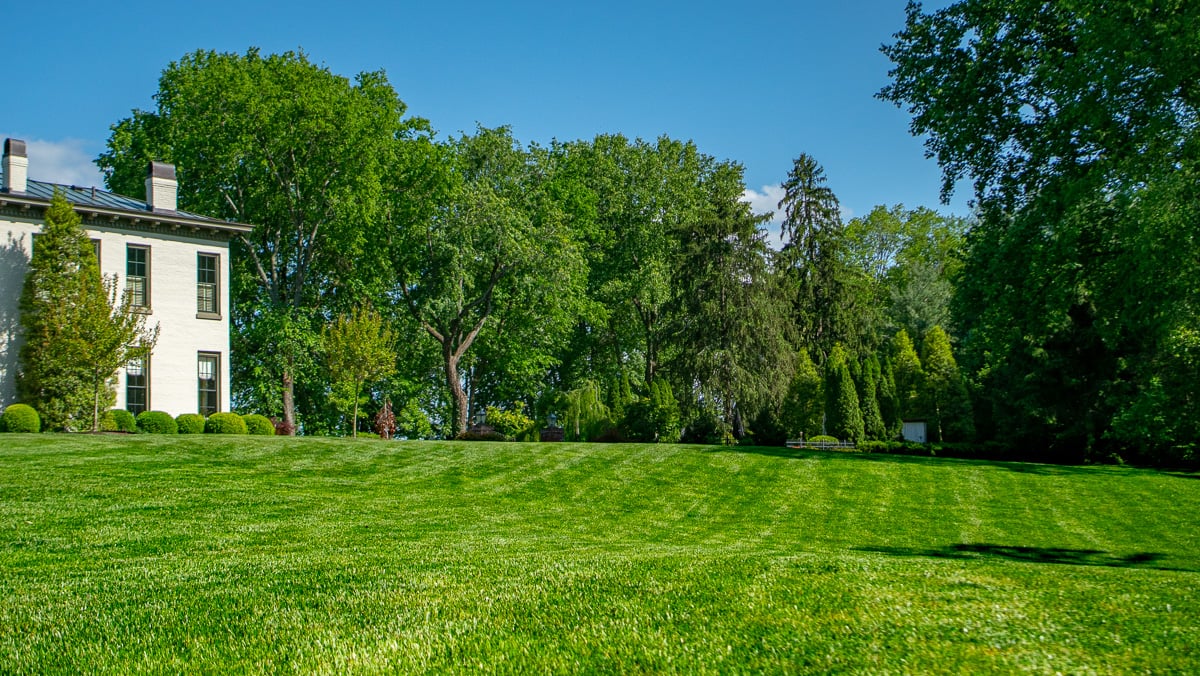
While weed control is a critical part of any good lawn care program, you have to keep in mind that it’s just a single aspect of that program. It’s important to choose a lawn care company that takes an aggressive stance on weeds and on great lawn care practices in general.
That’s because, as we’ve mentioned, when you grow a thick and healthy turf, you take a vital step in preventing invaders in the first place.
At Limbwalker, we know that we are not your only choice for lawn care in Louisville, KY. There are a number of other Louisville lawn care services to choose from. But we aim to be different. We truly care about the customers we’re working with and we want to see you have success.
When you make a wise choice in lawn care in Louisville, KY, you can grow a thick and healthy lawn that keeps weeds at bay. That means handing over your worries and finally getting back to enjoying your lawn to the fullest.
Are you ready to have a thick and healthy lawn that is naturally defending against weeds and getting everything it needs at your Louisville, KY home? Get in touch with us to get a quote for our lawn care programs, which include three lawn care pricing options.


